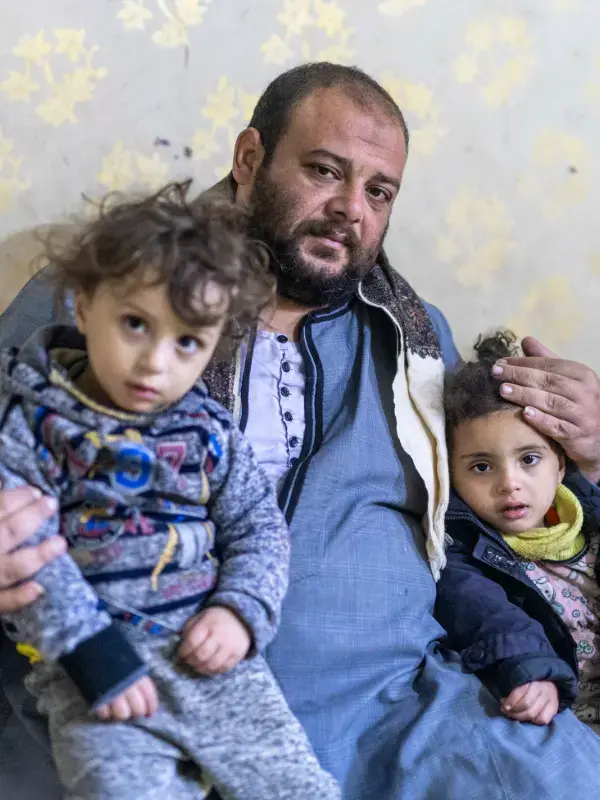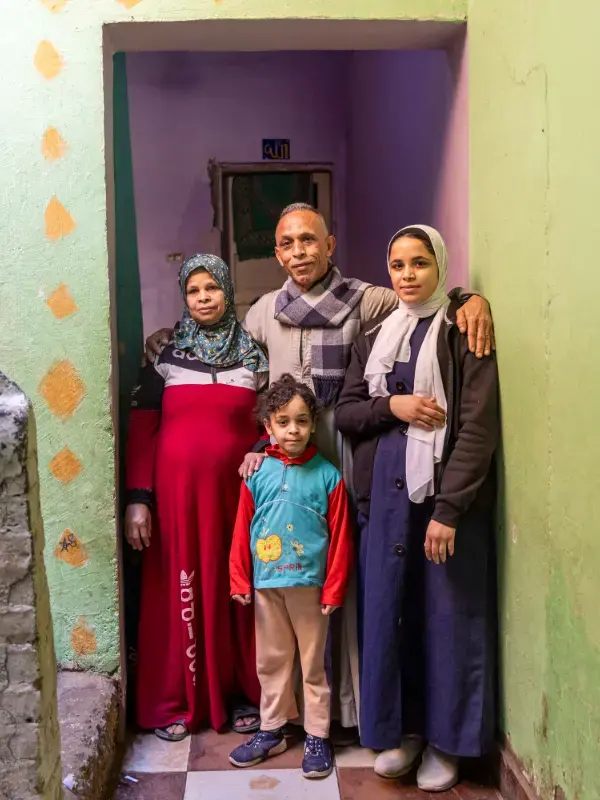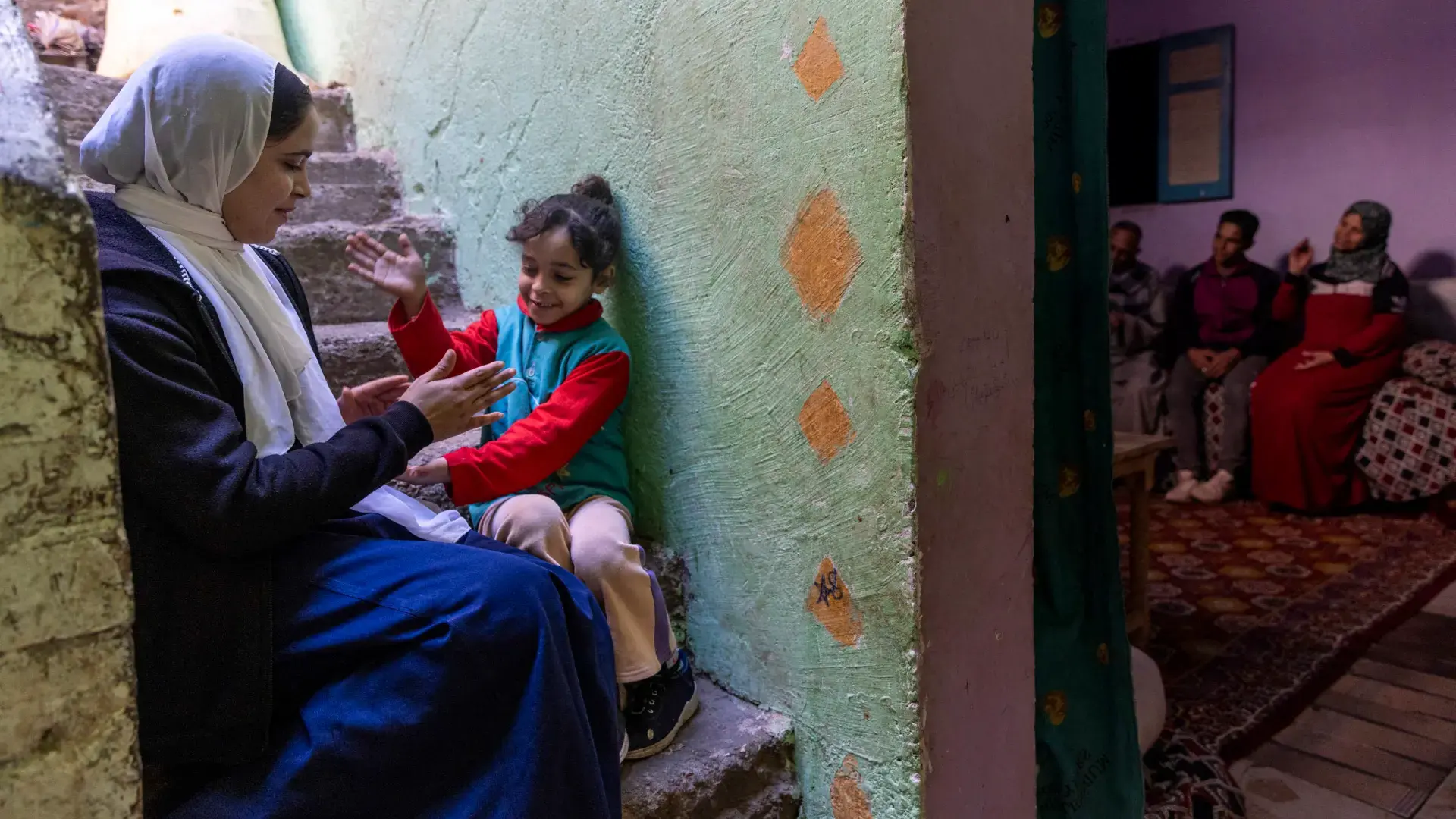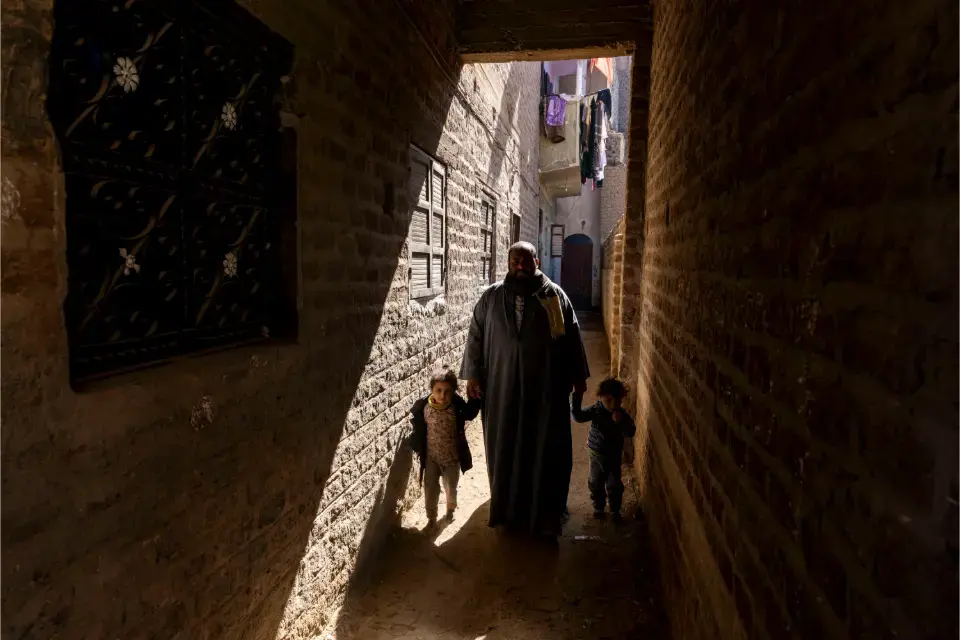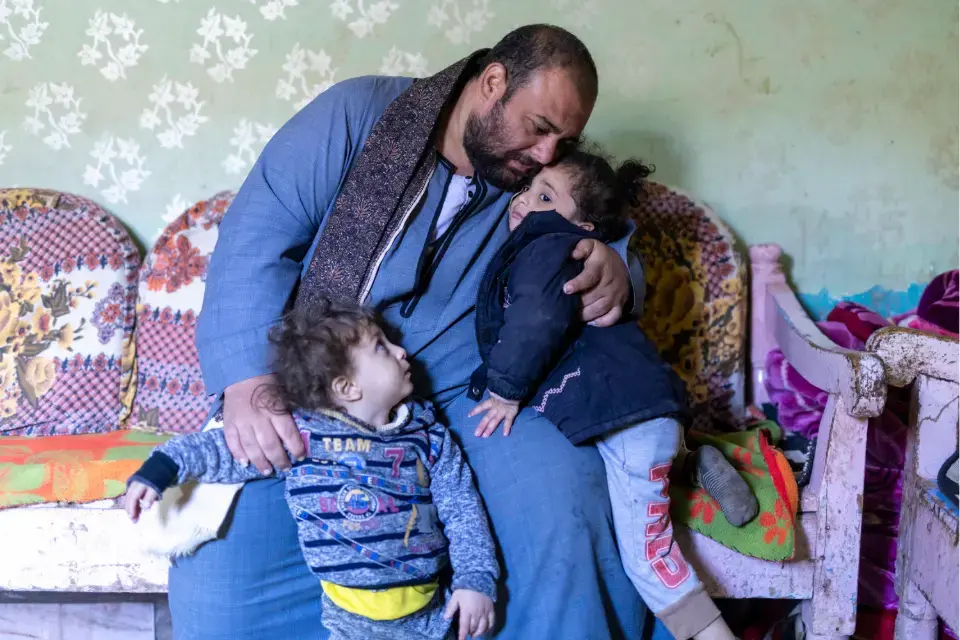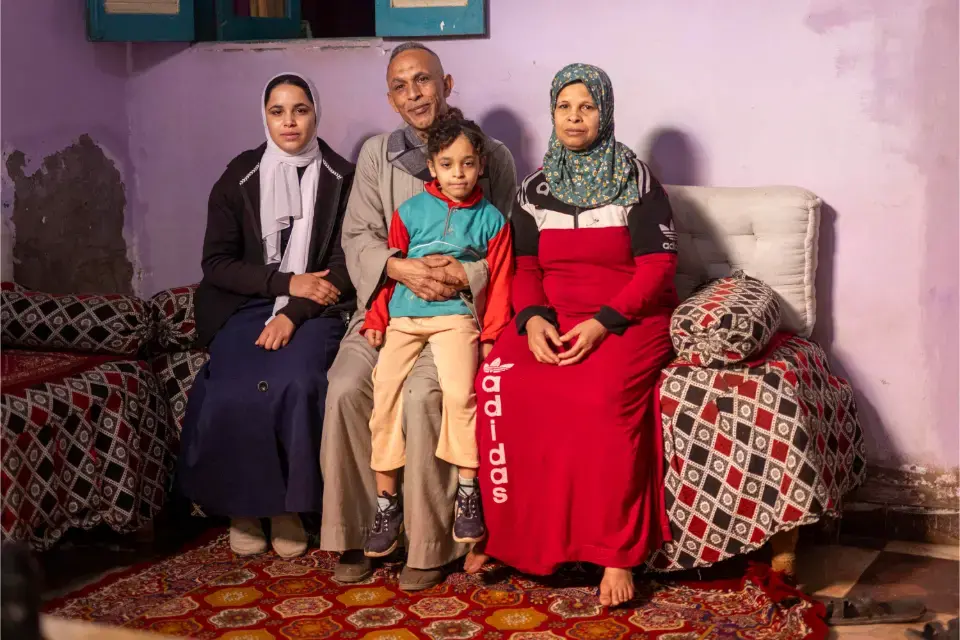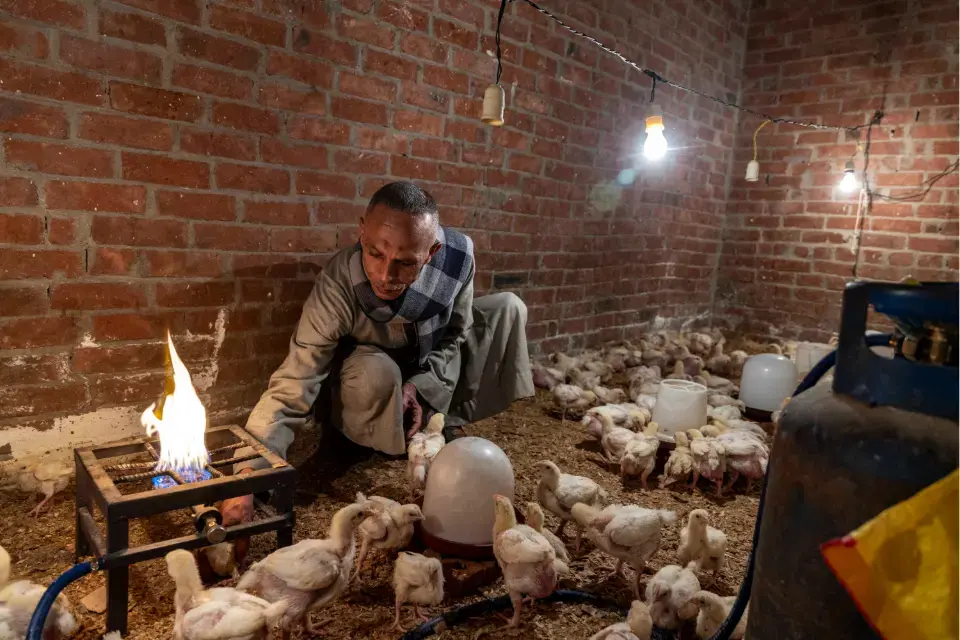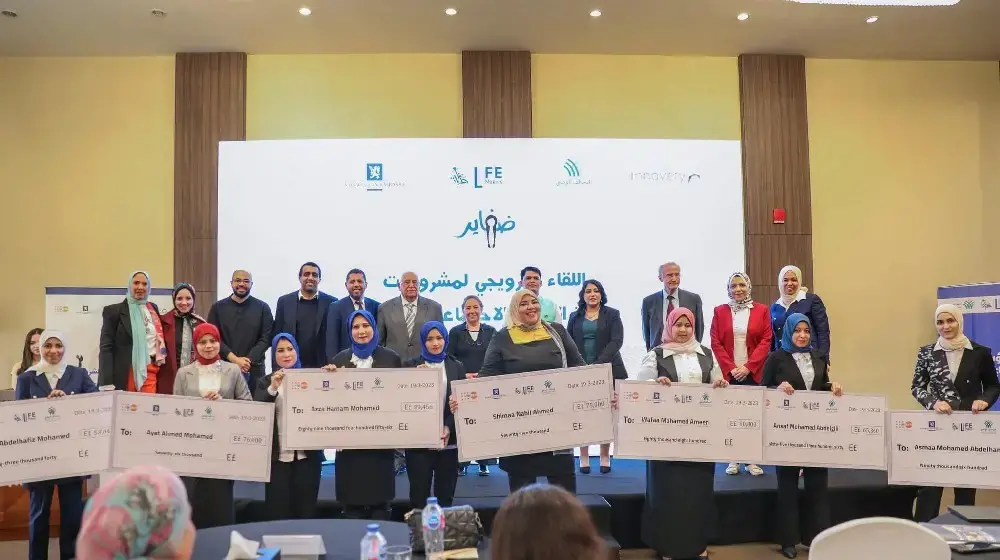Photos
Engaging men and boys to challenge gender norms
Engaging men and boys is crucial in challenging negative social norms and gender inequalities in their own lives, as well as in their communities and societies more broadly. Gender roles are established at an early age, typically favoring men. Boys may be conditioned to believe that dominant behavior towards girls and women is part of being a man.
Because FGM is a manifestation of deeply entrenched gender inequality, it is important to encourage men and boys to advocate against harmful practices, and address the power imbalance and cultural misconceptions on the role of men and women.
UNFPA and its partner Care developed a tool and curriculum on engaging men and boys specifically on FGM programming, based on existing evidence and previously tested tools, with the support of the Royal Norwegian Embassy. The tool is adapted to the Egyptian context, and tailored to the issue of FGM.
Men and boys were trained on gender and positive masculinity under the curriculum, with sessions covering topics related to abuse, self-image and identity, concepts of masculinity and femininity, power dynamics, gender-based violence, harmful practices with a focus on FGM elimination and the impact of violence on men and women and anger management.
Below are the stories of two of the men who are standing up for gender equality in their communities.
Photo credit: Roger Anis/UNFPA Egypt

